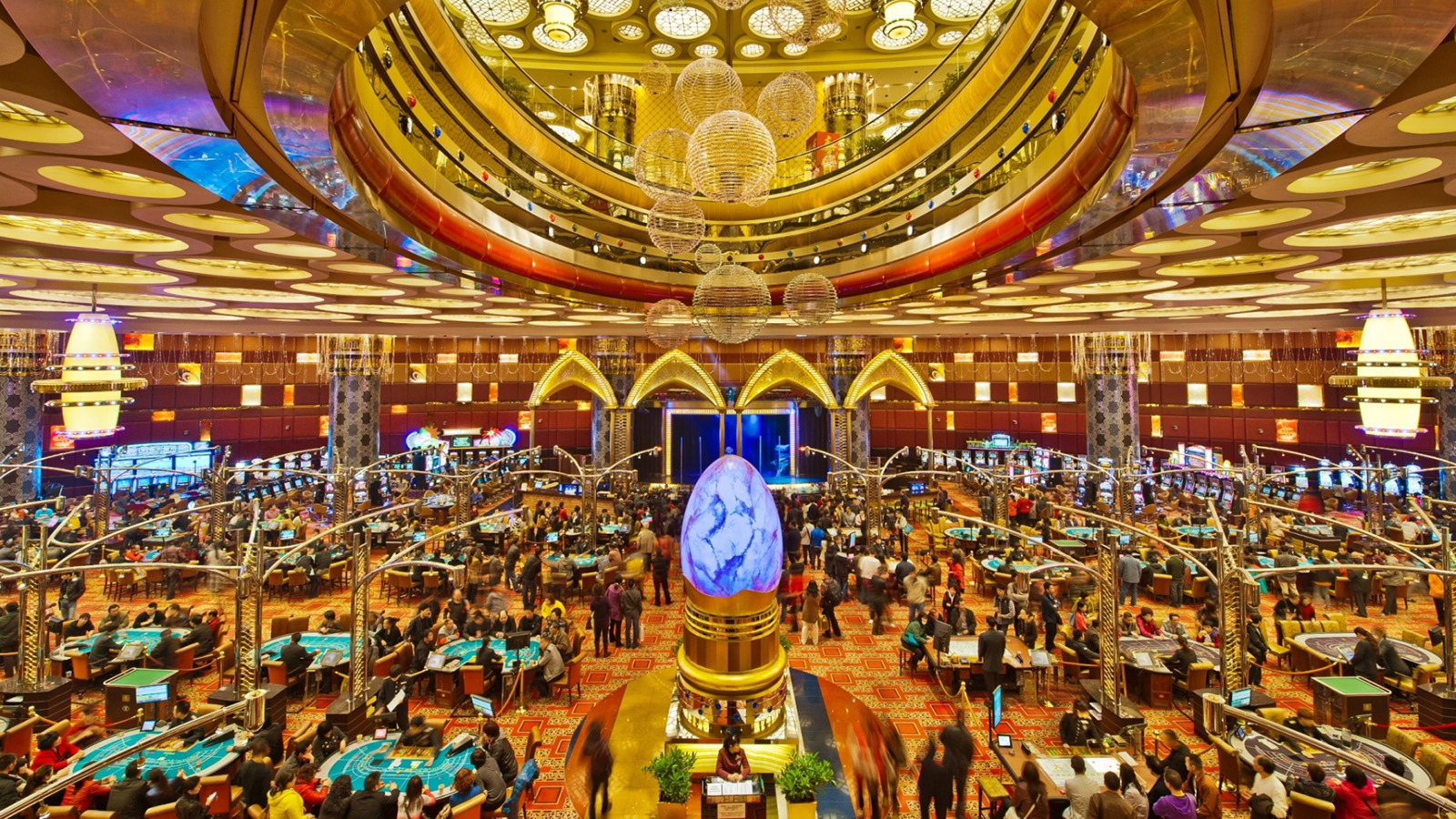
In the world of gambling, in which chance and strategy meet, a unique tapestry of beliefs unfolds—one that weaves together luck, fate, and the enigmatic nature of casino games. Casinos, bustling with excitement and anticipation, are not just places for placing bets; they are also arenas in which superstitions thrive. From the novice player to the seasoned gambler, these mysterious practices often shape how individuals approach the games they play, holding the belief that their actions can affect the outcome in ways that go beyond mere probability.
When players gather around roulette wheels, blackjack tables, and slot machines, the atmosphere is thick with stories of lucky charms, rituals, and codified behavior that defy logic yet provide a sense of comfort. MM88 Whether it’s wearing a specific outfit, following a particular sequence of bets, or even avoiding certain numbers, the attachment to various superstitions reflects a deep-rooted desire to master the uncontrollable. This article delves into the captivating world of casino game superstitions, examining the beliefs that simultaneously entertain and mystify those who dare to play.
Historical Origins of Superstitions
Casino activities have long been entwined with an variety of superstitions that can be traced to ancient civilizations. The origins of these notions can be associated to humanity’s intrinsic wish to influence the uncertain outcomes connected with fortune and randomness. In early civilizations, activities of chance were often connected to religious practices. Gamblers would call upon blessings or request favor from gods, believing that their actions could affect the results in their benefit. This basis laid the groundwork for the myriad of superstitions that proliferated as gambling evolved over centuries.
During the medieval period, gambling became a popular hobby across European nations, and with it, a rich tapestry of superstitions appeared. Players adopted different rituals and charms, believing they could influence the outcome of games. The importance of numbers, in particular, began to show in superstitions pertaining to card games and dice. The number 7 was often considered lucky, while various numbers carried bad connotations. These beliefs mirrored the societal contexts of the time, changing as they moved through generations and adapted to emerging gaming environments.
As gaming establishments developed in the seventeenth century, particularly in the Italian peninsula and the French nation, the atmosphere surrounding betting became saturated in mystique. The growing accessibility of gambling activities allowed for the spread and growth of superstitions among players. Concepts like fortunate charms, specific seating locations, and rituals gained prevalence, creating a unique culture within gambling establishments. As these traditions continued to thrive, they became essential to the essence of casino games, illustrating how the past and tradition shape the belief systems that influence how players engage with chance.
Popular Gambling Myths
Superstitions surrounding casino games are plentiful and diverse, mirroring the dreams and fears of gamblers as they participate in chance-based activities. One of the most prevalent beliefs is that specific numbers bring fortune or misfortune. For example, the number 7 is often seen as a favorable number, frequently embraced by gamblers looking for a positive result. Conversely, the number thirteen is routinely considered unlucky, leading many players to steer clear of it during their gaming sessions.
Another common superstition relates to rituals that gamblers believe can affect their odds. MM88 It could be blowing gently on dice before a throw, using a specific gesture to place a wager, or even putting on particular items of clothing, many people feel that these actions can sway fate in their favor. These practices offer a sense of power in an otherwise random environment, strengthening the idea that luck can be manufactured through individual beliefs and habits.
Lastly, the environment and vibe of the gambling house itself adds to superstition. Many gamblers suggest that the presence of specific symbols, such as four-leaf clovers or lucky tokens, can enhance their odds of winning. Additionally, gamblers might hold to the notion that winning streaks can be halted by mundane occurrences, such as a person walking past or a accident at the gaming surface. The collective atmosphere in a gambling house can amplify these beliefs, creating a communal culture of superstitions that transcends individual encounters.
Impact of Superstitions on Players
Beliefs play a important role in the psychology of casino players, often influencing their behavior and decision-making. Numerous gamblers think that fortune can be influenced through various rituals, such as wearing a lucky charm, choosing particular hues, or avoiding certain numbers. This reliance on superstitions can create a feeling of authority in an environment that is intrinsically unpredictable. Players often feel more self-assured and engaged when they feel that their actions could sway the result of a game in their advantage.
The impact of these superstitions extends past individual players, affecting the overall atmosphere inside the casino. For instance, a player who holds the belief in the luck of a particular slot machine might draw a crowd, as onlookers are intrigued by their apparent luck. This collective belief can amplify excitement and create a dynamic environment, leading to an engaging experience even for those who may not necessarily be believers themselves. The buzz around certain games can lead to increased participation and longer playing sessions, supporting the casino’s lively social scene.
In some cases, superstitions can lead to harmful effects for players. Relying too much on rituals can result in poor gambling decisions, as some may ignore basic strategies in favor of baseless beliefs. Additionally, the stress to perform rituals may increase anxiety and tension, diminishing from the enjoyment of the experience. Ultimately, while superstitions can enhance the thrill of playing casino games, they can also lead to foolish choices that overshadow the enjoyment and amusement intended in the casino experience.